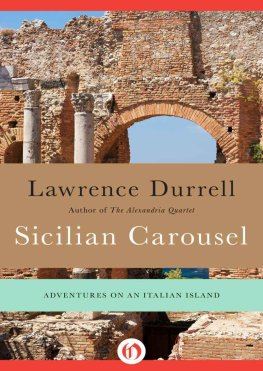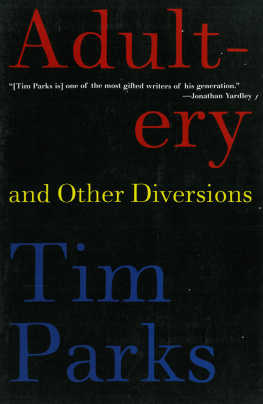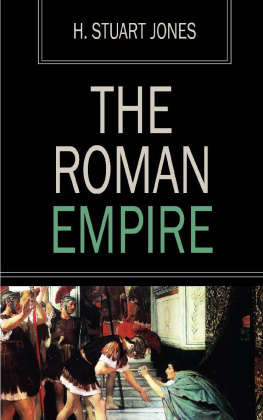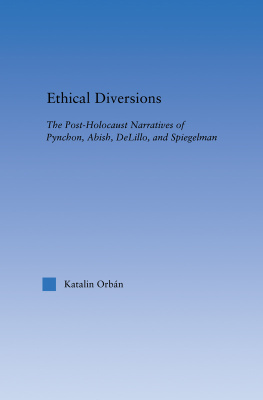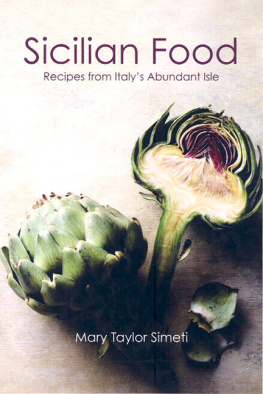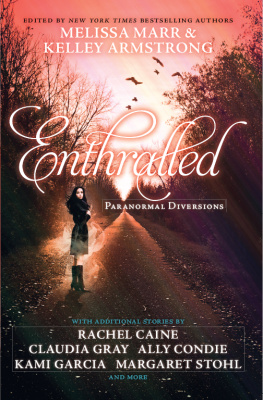PREFACE
It is probable that every book contains, besides misprints, some statements which the author would be glad to modify if he could. In Chapter V of Diversions in Sicily it is stated that the seating arrangements of the marionette theatre in Catania would be condemned by the County Council, which I believe to be correct, but, on visiting the theatre since, I find I was wrong in saying that there are no passages; I did not see them on my first visit because the audience hid them.
Again, in Chapter XVI it is stated that Giovanni Grasso enters in the third act of La Morte Civile, whereas he enters in the second act. I have since seen the play several times, and, though it is tedious, it is not so much so as to justify a spectator in thinking any of its acts long enough for two.
In Chapter IV I say that the Government makes an annual profit of 3,000,000 sterling out of the lottery, but I do not say whether this profit is gross or net. There is a paragraph in the Morning Post, 12 September, 1911, which states clearly that never since the union of Italy has the State lottery been so productive as in the present year of Jubilee; the gross yield has been 3,715,088, and the net gain, after deducting commissions and prizes, 1,489,180.
In Chapter XV it is stated that the words of the play in Signor Grecos marionette theatre in Palermo are always improvised except in the case of Samson. This is incorrect. The words of the long play about the paladins are improvised, but they have in the theatre the MSS. of several religious plays by the author of Samson, who was a Palermitan, Filippo Orioles. All who are interested in the legends, folklore, popular entertainments, superstitions, and traditions of the people of Sicily are under deep obligations to Giuseppe Pitr, of Palermo, Professore di Demopsicologia, for his numerous volumes treating of those subjects. In Spettacoli e Feste Popolari Siciliane he gives the little that is known of Filippo Orioles, who died in 1793 at the great age of one hundred and six years. The subject of the most famous of his plays is the Passion of Jesus Christ, and its title in English signifies The Redemption of Adam. It has had an immense success throughout Sicily; it has been copied in MS. many times, printed continually, performed over and over again in theatres, in churches, in the public squares, and in private houses. It was written for living actors, and Signor Greco considers it too long for a performance by marionettes, so when they do it in his teatrino they treat it even more freely than our London managers treat a play by Shakespeare. Copies are difficult to procure because their owners keep them jealously. Professore Pitr has, however, lately added to our obligations by publishing a reprint of the play: Il Riscatto dAdamo nella Morte di Ges Cristo; Tragedia di Filippo Orioles, Palermitano; Riprodotta sulla edizione di 1750; con prefazione di G. Pitr. Palermo: Tipografia Vittoria Giliberti, Via Celso 93. 1909. A copy of this reprint is in the library of the British Museum.
Many of the friends who have helped me to write this book are named in the following pages, many more are unnamed. I hereby tender my thanks to all of them.
I specially thank Signor Cesare Coppo, of Casale-Monferrato, who, although he is not a Sicilian, has helped me in a manner which I will only hint at by saying that he could give a better account than I can of Peppino Pampalone, of Castellinaria.
To an English friend, Mr. Joseph Benwell Clark, I am indebted for the drawing on the title-page and on the cover. When any of the audience leaves Signor Grecos marionette theatre in Palermo to smoke a cigarette or to drink a glass of water between the acts he receives a ticket with a picture of two fighting paladins, which he gives up on returning. I brought away one of these tickets as a ricordo of the marionettes. The picture is not very clear, because it is printed from a wood-block that has been a good deal worn. Mr. Clark has made from it a drawing which looks more like what the artist originally intended, and I trust that Signor Greco will not be angry with us for assuming his permission to reproduce the picture.
In correcting the proof-sheets I have had the assistance of my sister, Miss Lilian Isabel Jones, and of my friend Mr. R. A. Streatfeild. I am much obliged to them both for the care which they have exercised.
I must not conclude without saying that Castellinaria still remains as in Chapter II of my previous book, not so marked on any map of Sicily.
September, 1911


